Aging is a natural and inevitable part of life, yet it comes with challenges, like finding the perfect skincare routine. You may find it frustrating navigating through numerous products, hoping to find one that meets all your aging skin’s needs. Remember, you’re not alone in this journey.
In this article, you’ll learn tips for finding the best moisturizer for aging skin. These practical tips will help enhance your skin’s health.
In this article, we’ll explore the beauty of getting older. We’ll discover the right skincare solutions for nourishing and rejuvenating your skin. With the best solutions, you will be confident to make your skin feel fresh and look younger.
8 Common Skin Changes with Age and Their Implications
Your skin undergoes several changes as you age. These changes can affect your skin’s appearance, health, and function.
Some common changes include1-2:
- Wrinkles and Fine Lines: Collagen and elastin, essential proteins for skin elasticity, decrease as you age. This leads to wrinkles and fine lines, particularly in areas of frequent facial expressions (e.g., around your eyes and mouth).
- Dryness: Older skin tends to become drier due to decreased natural oil production (sebum) and a weakened barrier function. This can lead to itchiness, irritation, and an increased susceptibility to skin conditions like eczema.
- Thinning Skin: The skin becomes thinner as the epidermis (outer layer) and dermis (middle layer) gradually lose volume over time. Thinning skin is more prone to injury and bruising and takes longer to heal.
- Age Spots and Pigmentation Changes: Repeated sun exposure can cause hyperpigmentation or age spots. These dark spots are due to increased melanin production in specific areas of the skin.
- Loss of Subcutaneous Fat: The layer of fat beneath the skin, known as subcutaneous fat, diminishes with age. This area can begin to look sunken, especially in the cheeks and temples.
- Skin Sagging: Loss of skin elasticity and collagen results in sagging skin, especially around the jawline and neck.
- Increased Sensitivity: Aging skin can become more sensitive to specific environmental triggers, skincare products, and allergens.
Whip Up Your Own Specialized Aging Skincare Routine
To help with the changes that come with older skin, it’s important to have a special skincare routine. This routine should include all the steps needed for your skin to age in a healthy way.
Your regimen should include the following:
- Protect your skin from excessive sun exposure
- Stay active with regular exercise
- Regularly cleanse and moisturize your skin
- Use hydrating and nutrient-rich skincare products
Skincare is an act of self-care, so invest in your skin’s health and beauty.
What Is the Best Moisturizer for Aging Skin?
The best moisturizer addresses your skin’s unique needs. To fight aging, your moisturizer needs to have unique ingredients. These ingredients should help with problems like dry skin, skin that is getting thinner, and signs of getting older.
Not all moisturizers are created equally. So, what should you consider before choosing one? When selecting moisturizers for aging skin, consider the following:
- Hydration and Barrier Repair: Look for moisturizers with ingredients like hyaluronic acid, glycerin, and ceramides to provide deep hydration and support the skin’s barrier function, helping to retain moisture.
- Lightweight Texture: Lightweight, non-greasy formulations absorb readily without leaving a heavy residue, especially if your skin is thinner and more sensitive.
- Fragrance-Free: Fragrances can irritate sensitive skin, so choosing fragrance-free moisturizers reduces the risk of adverse reactions.
- Anti-Aging Benefits: Consider products with antioxidants (e.g., vitamins C and E) to protect against environmental damage and promote skin elasticity, minimizing the appearance of fine lines and wrinkles.
- Sun Protection: If you spend time outdoors, choosing a moisturizer with broad-spectrum SPF protection helps guard against sun damage and reduce the risk of skin cancer.
- Skin Condition: Consider specific skin conditions or concerns (e.g., eczema, rosacea) and choose products that cater to those needs.
- Simple Ingredients: Opt for moisturizers with a straightforward ingredient list to minimize the risk of irritation and allergies.
- Budget-friendly products: Consider budget-friendly products that fit your price range
- Patch tests: Before trying a new product, use samples or perform a patch test to check for potential allergens and avoid unwanted reactions.
By taking these steps, you can find skincare solutions that are both effective and safe for your skin that won’t break the bank.
3 Essential Ingredients in Moisturizers for Aging Skin
1. Hyaluronic Acid for Intense Hydration
Hyaluronic acid is effective in preventing water loss and maintaining hydration levels. By forming a moisture-locking barrier, it provides intense hydration to the skin.3
It’s a naturally occurring substance in our bodies, especially in the skin, joints, and eyes. Hyaluronic acid typically comes from plants. It can also be made at a lab and put in skincare products to create a lightweight, non-greasy topical skincare product.4
2. Ceramides for Strengthening the Skin Barrier
Ceramides in skincare products keep skin strong and protected. They work with other ingredients like cholesterol and fatty acids to form a “lipid barrier.”5 These lipid-rich formulations are especially effective in supporting and strengthening the skin barrier.6-7
Ceramide products also smooth and protect skin against irritants, pollutants, and aging. They also benefit those with skin conditions like eczema.
3. Antioxidants to Combat Free Radical Damage
Free radicals are unstable molecules made by things inside and outside our bodies, like sun rays, pollution, and stress. They can hurt cells, including skin cells. This can cause early aging, swelling, and a higher chance of some diseases.
Antioxidants help fight free radicals. Vitamins C, E, and A (retinoids), green tea extract, niacinamide, and resveratrol are often found in skincare products as antioxidants.8-10 Eating lots of fruits, vegetables, and whole grains gives you many kinds of antioxidants. These are good for your overall health and keep your skin healthy and lively.
8 Best Moisturizers for Seniors: Recommendations and Reviews
Moisturizers fill the current market, claiming to be the best for aging skin. They range in price from a little as $20 to over $300.
Most moisturizers are dermatology-recommended, but how do you know which one that’s right for you?
We’ve curated a few highly recommended options for you:
- CeraVe Moisturizing Cream: Great if you have dry skin
- Neutrogena Hydro Boost Water Gel: Ideal for combination skin
- Paula’s Choice Skin Recovery Replenishing Moisturizer: Good for dry to sensitive skin
- La Roche-Posay Toleriane Double Repair Face Moisturizer: Perfect for dryness or rosacea concerns
- SkinCeuticals Triple Lipid Restore 2:4:2: Gives a more youthful and healthy complexion
- EltaMD AM Therapy Facial Moisturizer: Offers all-day hydration
- Aveeno Absolutely Ageless Daily Moisturizer SPF 30: Contains a broad-spectrum SPF protection
- iS Clinical Youth Intensive Cream: Best for reducing wrinkles
Individual results may vary. It’s essential to consider your skin type, specific concerns, and any allergies before choosing a moisturizer.
Consulting a dermatologist is always a great idea to receive personalized recommendations.
5 Moisturizers for Aging Skin with Zinc Oxide
Zinc oxide is a mineral that protects your skin from the sun. It works like a shield, reflecting and scattering UVA and UVB rays that age your skin faster with wrinkles, fine lines, and sunspots. Zinc oxide helps stop these harmful rays from damaging your skin so that you can look younger for longer.11-12
Additionally, zinc oxide has something called antioxidants. These compounds are like little helpers that fight bad things called free radicals that make your skin age.
Below, we’ve selected some good moisturizers with zinc oxide proven to help aging skin:
- EltaMD SPF 41 or UV Elements Tinted Broad-Spectrum SPF 44
- La Roche-Posay Anthelios Melt-In Milk Sunscreen SPF 100
- Jan Marini Physical Protectant Tinted SPF 45
- CeraVe Hydrating Mineral Sunscreen SPF 50
- Unsun Cosmetics Mineral Tinted Face Sunscreen Lotion SPF 30
Remember to reapply the moisturizer with zinc oxide regularly when exposed to the sun to maintain its protective benefits.
5 Moisturizers for Aging Skin with Oily Concerns
Taking care of aging skin with oily concerns can be tricky. Your skin may produce less natural oil as you age, leading to dryness.
So, it’s crucial to use moisturizers that hydrate without worsening oiliness. Look for products that have lightweight textures and provide oil-free hydration. These products should also contain key anti-aging ingredients, such as antioxidants.
Some top moisturizers for aging oily skin include the following:
- Paula’s Choice RESIST Anti-Aging Clear Skin Hydrator
- Neutrogena Hydro Boost Water Gel
- Cetaphil Pro Oil Absorbing Moisturizer with SPF 30
- La Roche-Posay Effaclar Mat Daily Moisturizer for Oily Skin
- Murad Oil and Pore Control Mattifier SPF 45
Hydrating Aging Skin Naturally: Home Remedies and DIY Solutions
If you choose natural options to hydrate your skin, you may have a better chance to reduce harsh, irritating, or allergy-causing ingredients. Home remedies and DIY solutions are more environmentally friendly, as they typically have a lower carbon footprint.
Here are examples of natural options that won’t disrupt your skin’s natural balance:
1. Aloe Vera – soothes and hydrates
2. Coconut Oil – locks in moisture and prevents water loss
3. Jojoba Oil – closely resembles the skin’s natural oils
4. Rosehip Seed Oil – repairs skin and reduces the appearance of fine lines and wrinkles
5. Shea Butter – nourishes and softens, improving skin texture
Although these ingredients are natural, first apply a small amount on an area of your skin to check for any potential allergies or sensitivities.
DIY Anti-Aging Face Masks
Creating DIY anti-aging products at home can be a fun and cost-effective way to pamper your skin with natural ingredients.
Here are a few simple recipes for DIY anti-aging face masks to get you started:
- Avocado and Honey Mask:
- Mash half a ripe avocado and mix it with one tablespoon of raw honey.
- Apply the mixture to your clean face and leave it on for 15-20 minutes.
Avocado is rich in antioxidants and healthy fats. Honey provides moisturizing and soothing properties.
- Yogurt and Turmeric Mask:
- Mix two tablespoons of plain yogurt with half a teaspoon of turmeric powder.
- Apply the mask evenly to your face and let it sit for 15 minutes before rinsing off.
Yogurt contains lactic acid, which gently exfoliates the skin. Turmeric has anti-inflammatory and brightening effects.
DIY Anti-Aging Serums
- Vitamin C Serum:
- Mix one teaspoon of vitamin C powder with two tablespoons of aloe vera gel.
- Add a few drops of vitamin E oil and mix well.
- Apply a thin layer of the serum to your face after cleansing and toning, and follow up with your regular moisturizer.
Vitamin C is a potent antioxidant that helps brighten the skin, boost collagen production, and protect against free radical damage.
- Rosehip Seed Oil Serum:
- In a small dropper bottle, combine one tablespoon of rosehip seed oil with a few drops of lavender essential oil (optional).
- Shake well to mix the ingredients.
- After cleansing and toning, apply a few drops of the serum to your face and massage gently.
Rosehip seed oil is rich in vitamins and essential fatty acids, promoting skin regeneration and reducing the appearance of fine lines.
Remember that DIY skincare products may not last as long as commercial products. We recommend making small batches and storing them properly in a cool, dark place. As with other new products, do a patch test to check for skin reactions.
Beyond Moisturizers: Comprehensive Anti-Aging Strategies
When it comes to moisturizing your aging skin, play the long game! Incorporate other creative ideas that, combined with your moisturizer, will protect your skin from aging changes. Here are some anti-aging strategies:
1. Combine Your Moisturizers with Serums and Retinoids
Retinoids are essential for anti-aging skincare as they boost collagen production. Collagen keeps skin firm and youthful, but it decreases as you age. Retinoids stimulate new collagen, improve skin texture, and reduce wrinkles and sagging.
When using retinoids, choose a moisturizer with hydrating ingredients. Also, wear sunscreen daily to protect your skin. Gradually introduce retinoids into your routine and use them at night for the best results.
2. Incorporate Sunscreen for Sun Protection and Anti-Aging Benefits
Using sunscreen daily is essential for sun protection and anti-aging benefits. It shields your skin from harmful UV rays that cause premature aging, like wrinkles and sunspots. Sunscreen can keep your skin looking young by preventing collagen breakdown and discoloration.
Consider the following tips when using sunscreen in your skin routine13:
- Choose Broad-Spectrum Sunscreen: Opt for a sunscreen that protects against UVA and UVB rays with an SPF of 30 or higher.
- Apply Generously: Use enough sunscreen to cover all exposed areas of your skin adequately. For the face, use a nickel-sized amount.
- Reapply Regularly: Reapply sunscreen every two hours or more frequently if you are swimming, sweating, or towel-drying.
By making sunscreen an integral part of your daily skincare routine, you can enjoy the dual benefits of sun protection and anti-aging, ensuring your skin remains healthy, radiant, and youthful-looking over time.
Embrace Aging with Confidence: Skincare for Older Women
Addressing Skin Concerns Unique to Mature Women
As women age, hormonal changes during perimenopause and menopause impact skin health. Low estrogen levels cause thinner, drier skin with wrinkles and sagging. Low progesterone increases oil production, acne breakouts, and reduced skin firmness.
Use moisturizers that have hyaluronic acid and ceramides. They help your skin keep moisture and make the skin’s barrier stronger. Also, use serums with things like vitamin C and peptides. They boost collagen, which makes your skin firm and helps lessen the look of wrinkles.
Nurturing Emotional Wellness Alongside Skincare
Your emotional state significantly affects your skin, making mindful self-care essential.
Managing stress with meditation, yoga, and time in nature is beneficial. When you care for your emotions while caring for your skin, you feel better inside and have a radiant glow.
Takeaway
Choosing the right moisturizer is challenging for aging skin. Products with key ingredients like hyaluronic acid, ceramides, and antioxidants offer significant benefits. To create a complete anti-aging skincare routine, combine them with zinc oxide and retinol.
For those looking for natural solutions, natural home remedies and DIY solutions for hydrating aging skin may be right for you.
Before trying skincare products, consult your dermatologist or primary care physician.
You get personalized care for your skin-specific concerns or conditions when seeking professional advice. This helps you have a safe and effective skincare journey.



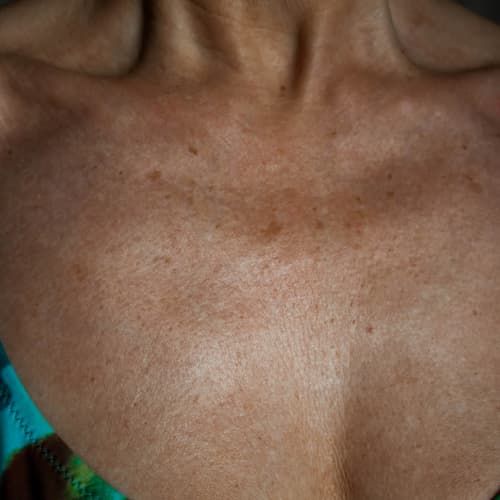

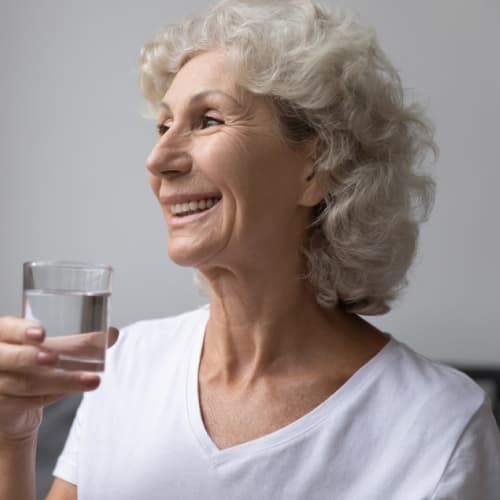

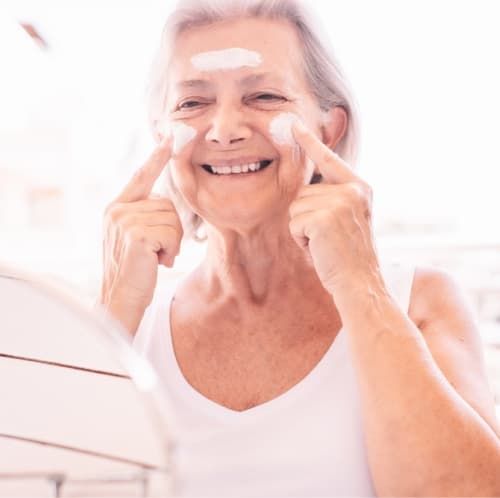
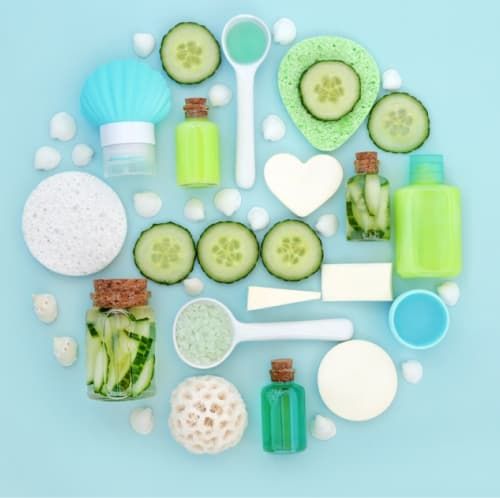
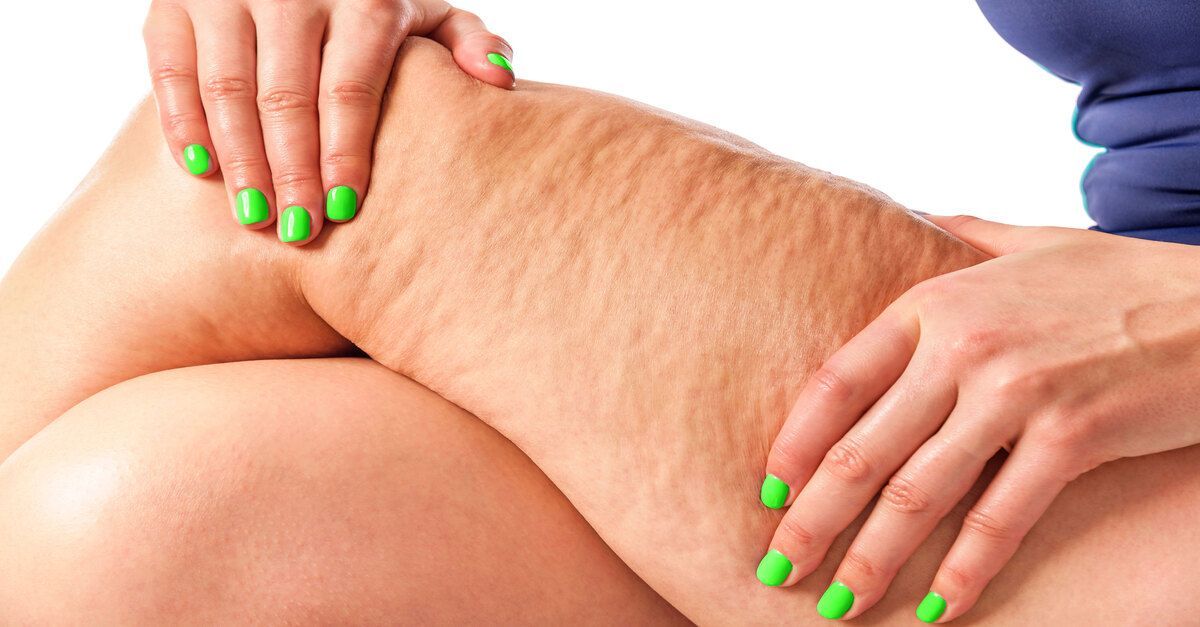

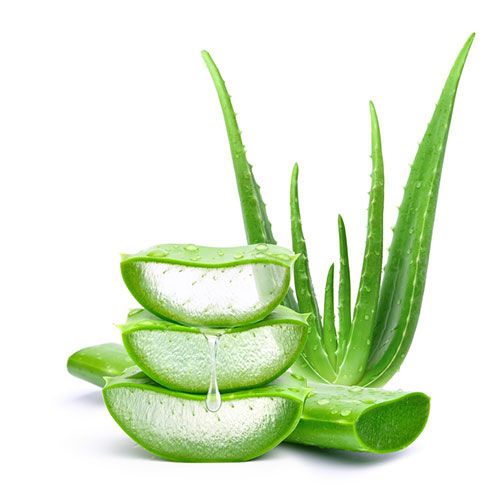
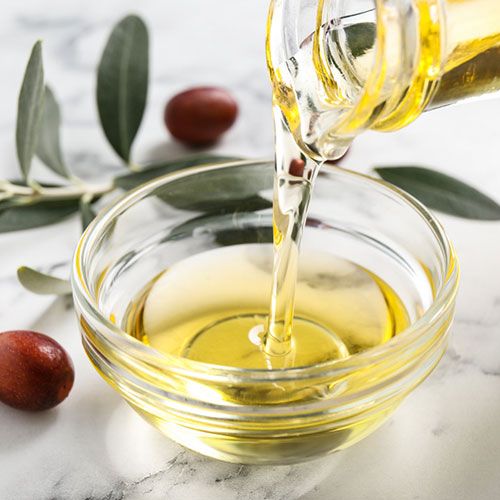
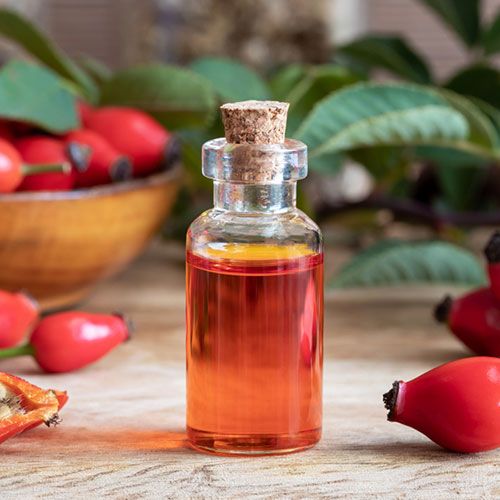
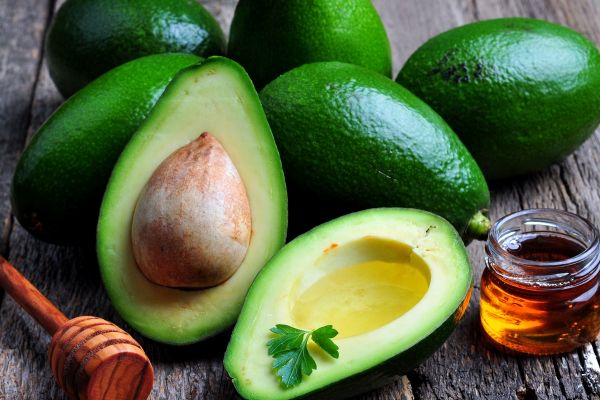
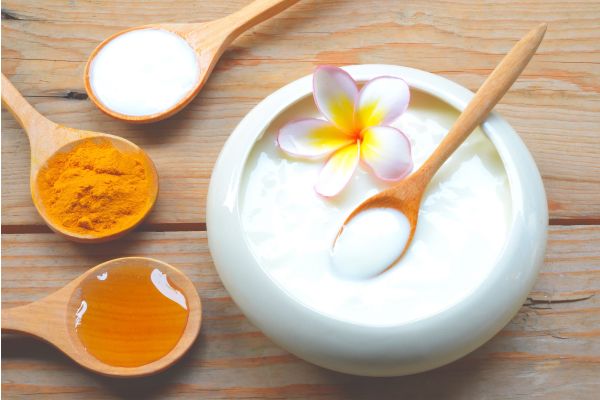
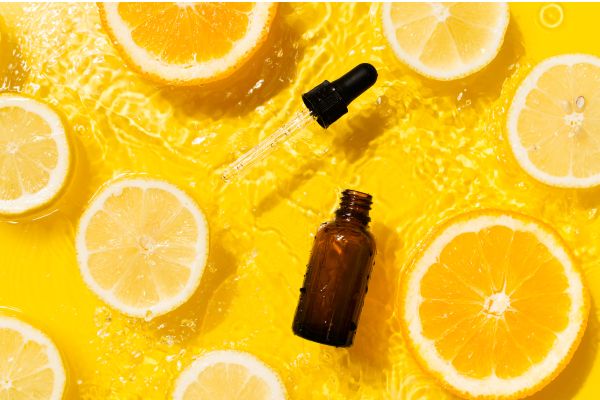
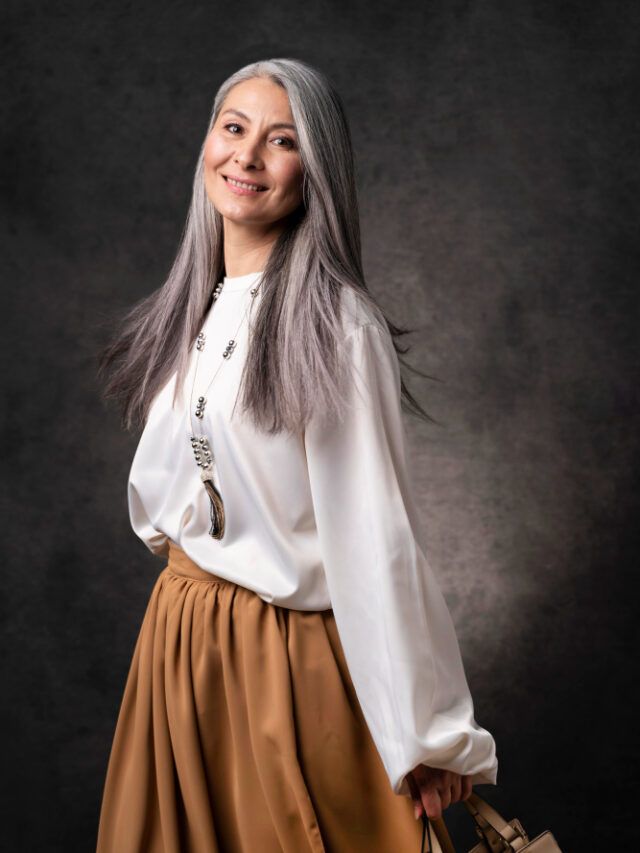

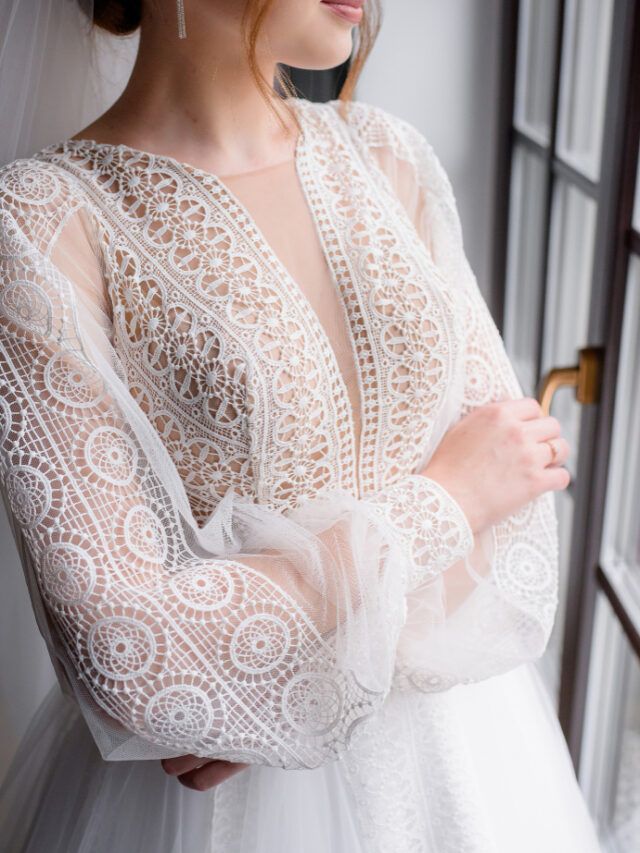

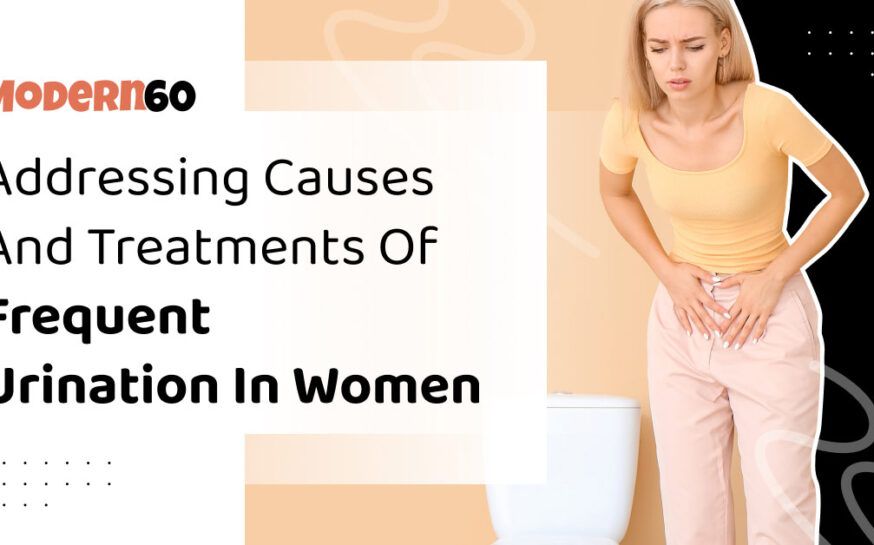



There are no comments yet